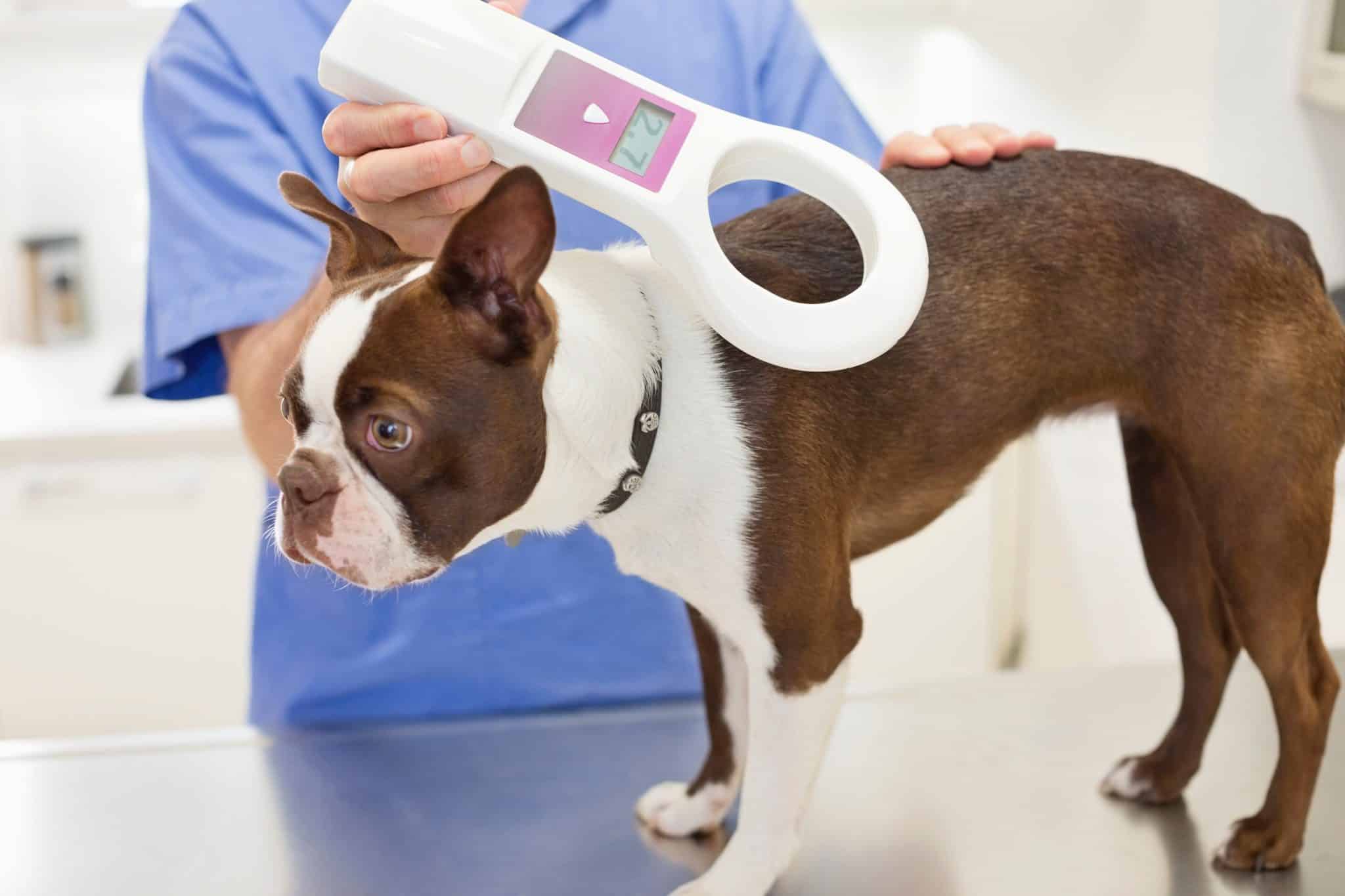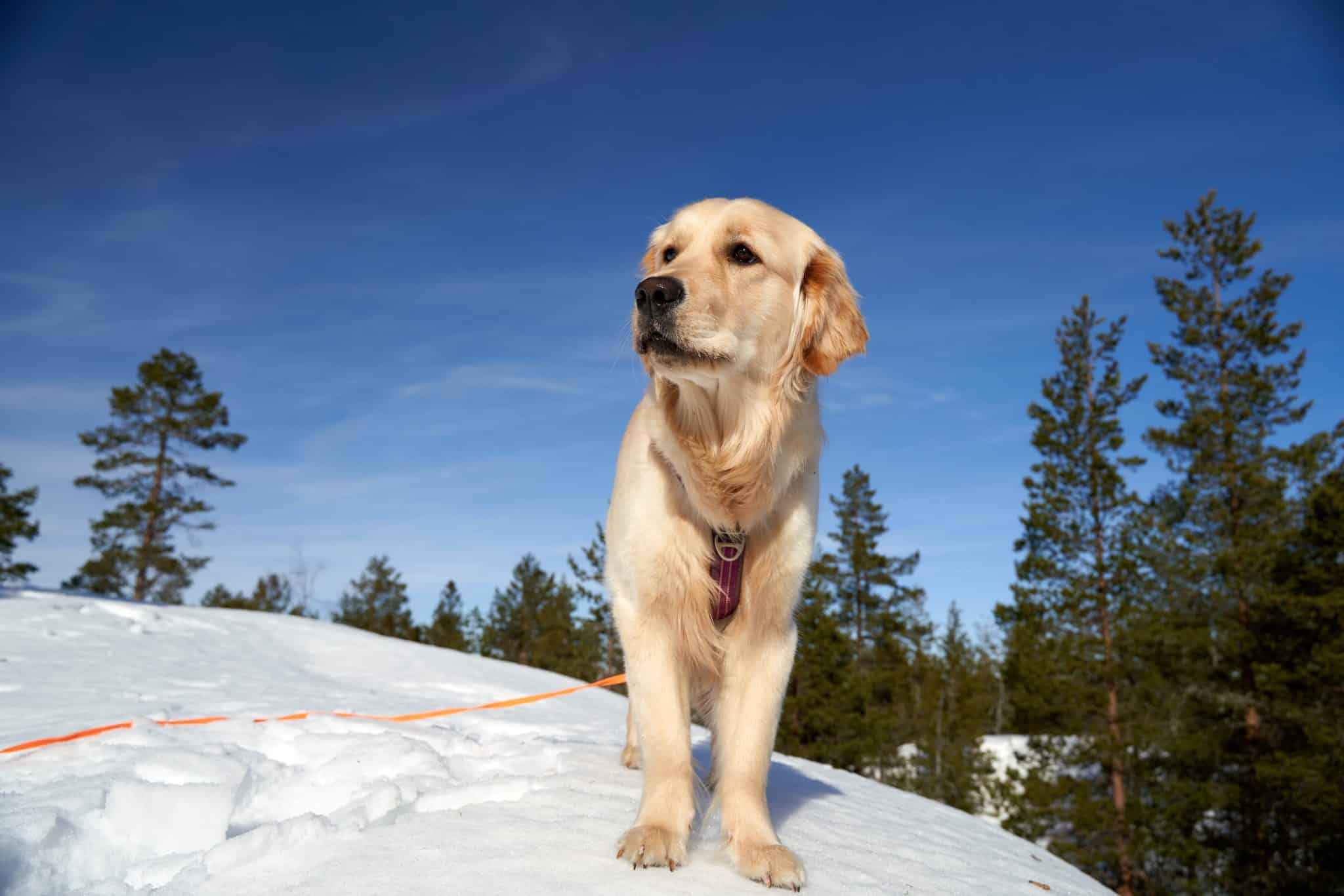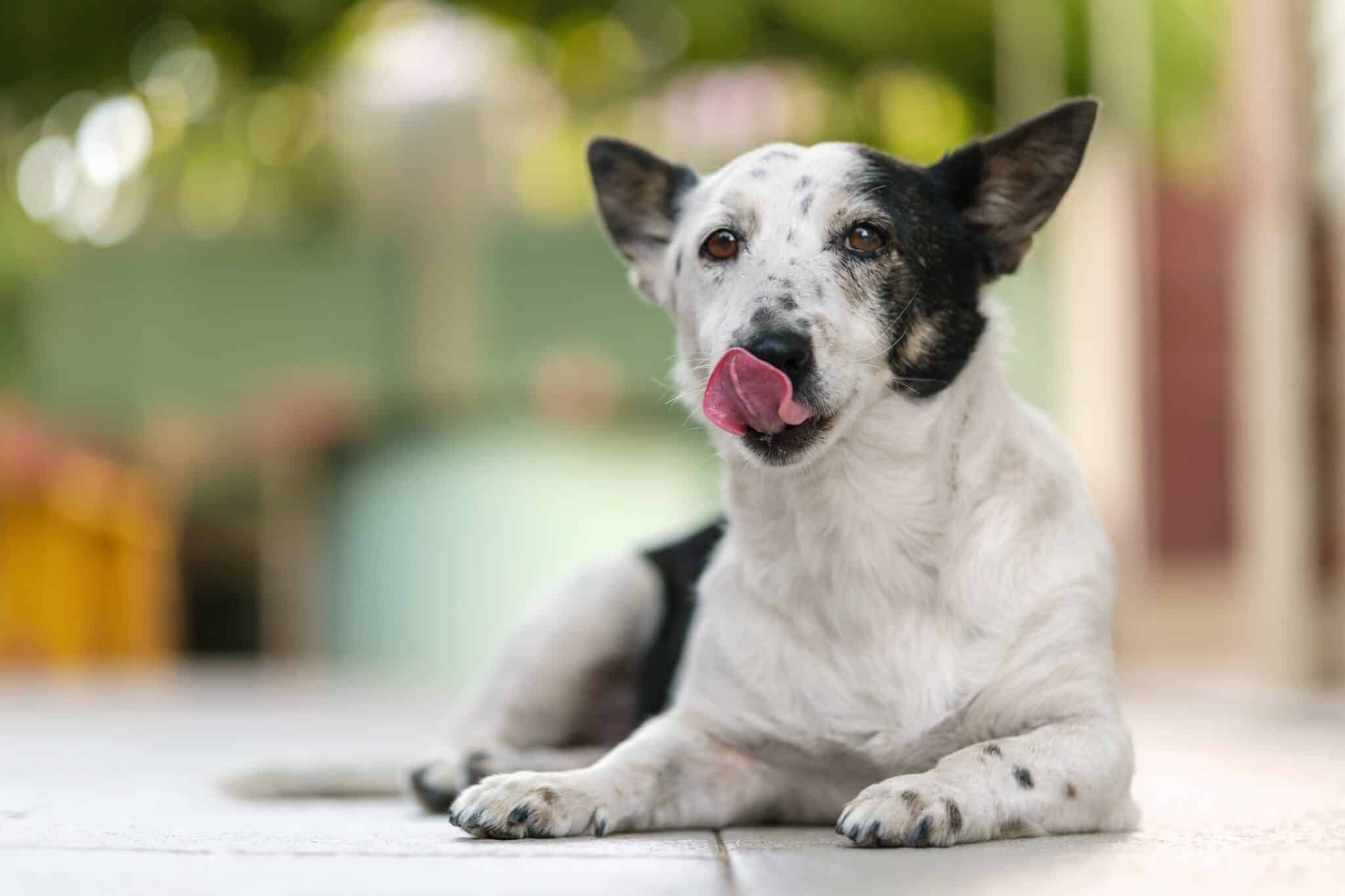Winter is coming, and preparing your pet for the challenges ahead is essential. Cold temperatures, snow, and ice create unique challenges for dogs, especially those accustomed to the comforts of indoor living. Dogs of all ages, breeds, and health statuses can feel the effects of winter, but older pets, underweight pups, and those with osteoarthritis are particularly vulnerable. Start planning now to ensure your furry friend stays comfortable and safe through the coldest months of the year.
Here are some proactive steps you can take to “winterize” your dog before the chill sets in:
Schedule a Winter Health Check-Up
A pre-winter vet visit is a smart move to ensure your dog is ready for the season. Your vet can evaluate your dog’s overall health, adjust medications for chronic conditions like arthritis, and recommend supplements that promote joint health and coat condition. For older dogs or breeds prone to joint issues, this might include adding glucosamine, omega-3 fatty acids, or other treatments to your dog’s routine to help them stay active and comfortable.
Prep Their Winter Gear Early
If your dog isn’t accustomed to wearing sweaters, jackets, or booties, now is the time to introduce them. Gradual exposure to these items will help your pup feel comfortable and prevent resistance when the weather demands it. Look for high-quality, well-fitted options that keep your dog warm without restricting movement. Shopping early also ensures you won’t miss out on popular sizes or styles when temperatures drop.
Inspect and Prepare Your Home
Drafty doors, cold floors, and space heaters can all impact your pet during winter. Make sure your home is ready to provide a cozy refuge for your pup. Consider investing in elevated or insulated dog beds to keep them off cold floors and placing their favorite resting spots away from drafts. If you use space heaters, make sure they are pet-safe and secure to prevent accidents.
Stock Up on Pet-Friendly Products
Winter can come with hazards like de-icers and antifreeze, both of which are toxic to dogs. Proactively choose pet-safe versions of these products and keep them stocked before demand spikes in your area. Additionally, inspect your walking routes for potential hazards like salt or chemicals and plan to wipe your dog’s paws after every walk to remove irritants and prevent ingestion.
Plan Ahead for Outdoor Safety
Even dogs that enjoy frolicking in the snow can benefit from extra precautions. Keep leashes, harnesses, and reflective gear on hand to ensure your dog is visible during shorter winter days. For adventurous dogs, consider investing in a GPS tracker or making sure their microchip information is updated. Snow and ice can be disorienting, and being proactive could save your pup in case of an unexpected escape.
Prepare Their Nutrition
Your dog’s dietary needs may change in winter, especially if they’re more active outdoors or spend more time in the cold. Consult your vet to determine if your dog might benefit from additional calories or specific supplements to maintain energy and keep their coat healthy. Keeping a stash of high-quality, balanced food and treats ensures you’re ready for any winter weather that might disrupt your regular shopping routine.
Keep Your Pup Entertained Indoors
When outdoor playtime is limited, your dog might become bored or restless. Start gathering indoor-friendly activities like puzzle toys, snuffle mats, or training games to keep their mind and body engaged during long winter days. This helps prevent destructive behaviors and keeps your pup happy and healthy.
Make Sure Your Pup Has ID
Winter snows can be disorienting to lost pets, and all pets should be identified. I like microchips because they cannot be lost, but at the very least, a collar and ID tag are especially important in winter in case of accidental loss. Many pet stores and vet hospitals offer discounted microchipping as winter approaches, so start watching for these great deals now.

By starting these preparations now, you can ensure a safer and more comfortable winter for your dog. Being proactive means fewer surprises when the snow starts falling. Take these steps today to help your furry friend stay warm, healthy, and happy all season long!



